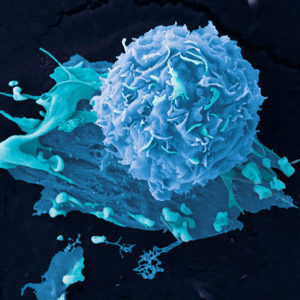Molecular Pathology and Diagnosis of Cancer
17–22 November 2019
Wellcome Genome Campus, UK
Hands-on training in current molecular methods for cancer diagnosis.
Summary
A joint initiative of the Wellcome Genome Campus and the Royal College of Pathologists Interspecialty Committee on Molecular Pathology, this course is aimed primarily at trainee pathologists or haematologists. The programme introduces participants to the rapidly evolving field of the genomics and molecular diagnosis of cancer. Clinical scientists in the field of molecular diagnosis are also encouraged to apply.
The course consists of a series of practical, laboratory-based sessions covering current diagnostic methodologies, along with hands-on training in bioinformatic tools for analysis of DNA sequencing data.
In addition, the course will host a number of leading national and international speakers who will give seminars on the molecular pathology of a several common cancers, such as breast, colorectal, leukaemia, familial cancers and others.
The programme will also include talks and demonstrations of next generation sequencing platforms (including the latest developments in genomic technologies) as well as discussions on the ethical, societal and practical implications of introducing genome-wide genetic analyses to the clinic.
PLEASE NOTE: Limited bursaries are available to help applicants from anywhere in the world to attend this course and are awarded on merit. The course is also approved annually for CPD accreditation by the Royal College of Pathologists (35 credits in 2018).
Programme
The programme will include lecture and practical laboratory/computer-based sessions covering the following topics:
- Standard and real-time PCR
- DNA electrophoresis
- Capillary (Sanger) sequencing
- Fluorescence in situ hybridisation (FISH)
- State-of-the-art next-generation sequencing technologies
- Target enrichment approaches
- Bioinformatic analysis for mutation detection
Learning outcomes
By the end of the course, participants should have gained:
- Sufficient knowledge of contemporary molecular methodologies applied to cancer diagnosis to become familiar with the dramatic changes in the practice of molecular pathology and haematology.
- An understanding of the genomics of common cancers and how these can help guide diagnosis, prognosis and treatment of cancer patients.
- An understanding of the format of next generation sequencing data and the use of analysis tools and publicly-available databases to interpret these data for diagnosis and prognosis of patients.
The course also hopes to inspire trainees to follow a career in genomic cancer medicine and research.
Instructors and speakers
Course instructors
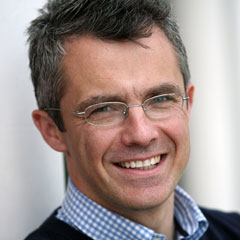
George Vassiliou
Wellcome Sanger Institute, UK
Anthony Bench
Western General Hospital, UK
Bridget Manasse
Addenbrooke’s Hospital, Cambridge, UK
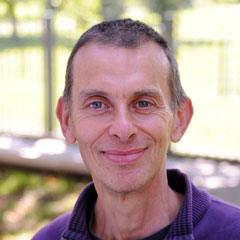
Michael Quail
Wellcome Sanger Institute, UK
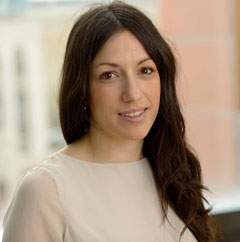
Elli Papaemmanuil
Memorial Sloan Kettering Cancer Center, USA
Guest speakers
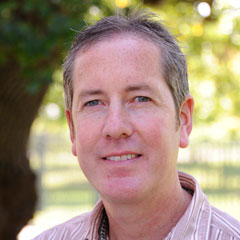
Peter Ellis
Wellcome Sanger Institute, UK
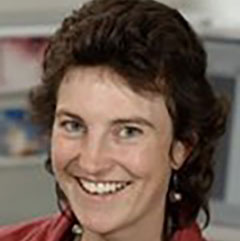
Rebecca Fitzgerald
University of Cambridge, UK
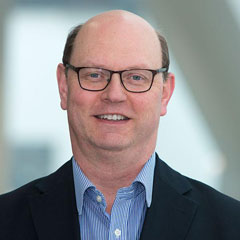
Mark Arends
University of Edinburgh, UK
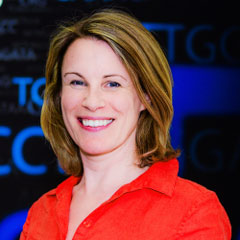
Anna Middleton
Wellcome Genome Campus, UK
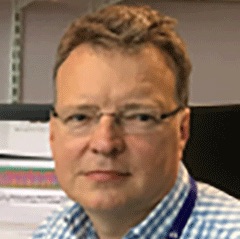
James Brenton
Cancer Research UK Cambridge Institute, UK
Anna Godfrey
Addenbrooke’s Hospital, Cambridge, UK
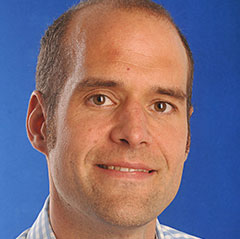
Marc Tischkowitz
Cancer Research UK Cambridge Institute, UK
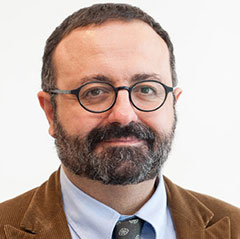
Manuel Salto-Tellez
Queen's University Belfast, UK
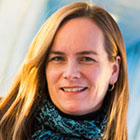
Hege G. Russnes
Oslo University Hospital, Norway
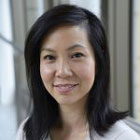
Serena Nik-Zainal
University of Cambridge, UK
How to apply
Prerequisites
Applicants should be trainee pathologists or haematologists. Clinical scientists in the field of molecular diagnosis are also encouraged to apply.
CPD
The course is also approved annually for CPD accreditation by the Royal College of Pathologists (35 credits in 2018)
How to Apply
Please complete the online application form. Places are limited and will be awarded on merit. If you have any problems with the online application process, please contact us.
Please note: Applications must be supported by a recommendation from a scientific or clinical sponsor (e.g. supervisor, line manager or head of department). A request for a supporting statement will be sent to your nominated sponsor automatically during the application process. Applicants must ensure that their sponsor provides this supporting statement by the application deadline. Applications without a supporting statement cannot be considered.
Travel visas
Successful applicants will be provided with a support letter for their visa application, if required.
Please visit the following websites for further information on visiting the UK:
Cost
| Cost | Accommodation / meals | |
| *Course fee | £800 | This is a residential course and the fee includes all accommodation and meals. |
*The course fee is subsidised by Wellcome Genome Campus Advanced Courses and Scientific Conferences and applies to non-commercial applicants. Please contact us for the commercial fee.
Bursaries
Limited bursaries are available (up to 50% reduction on the course fee) and are awarded on merit. If you would like to apply for a bursary, please complete the bursary section of the online application form.
Where there are many bursary applications, the selection committee may issue smaller amounts.
Bursaries can be applied for as part of the course application form. Applicants will be notified of a bursary award along with their place on the course, usually within one month of the application deadline. The decision of the selection committee is final.
Please note that both the applicant and sponsor are required to provide a justification for the bursary as part of the application.
Additional funding opportunities
Visit our support page for additional financial support currently available.
Accommodation services phishing scam – please be vigilant. More information.
Testimonials
Feedback from the 2018 course:
“Thank you for a very stimulating week. It’s given me plenty of food for thought and some new ideas for developing our clinical service.”
“Excellent course – please keep running it!”
“This was an excellent course, which helped establish lab skills and develop my knowledge of different techniques in molecular diagnostics. Excellent team of teachers and students. I would definitely recommend this course to colleagues, and hopefully attend future courses.”
“Excellent course, with useful practical information about the uses and limitations of each technique”
“George and the rest of the faculty gave very erudite, insightful, and intellectually stimulating seminars.”
“Excellent course which has given me invaluable experience in this fascinating field.”
